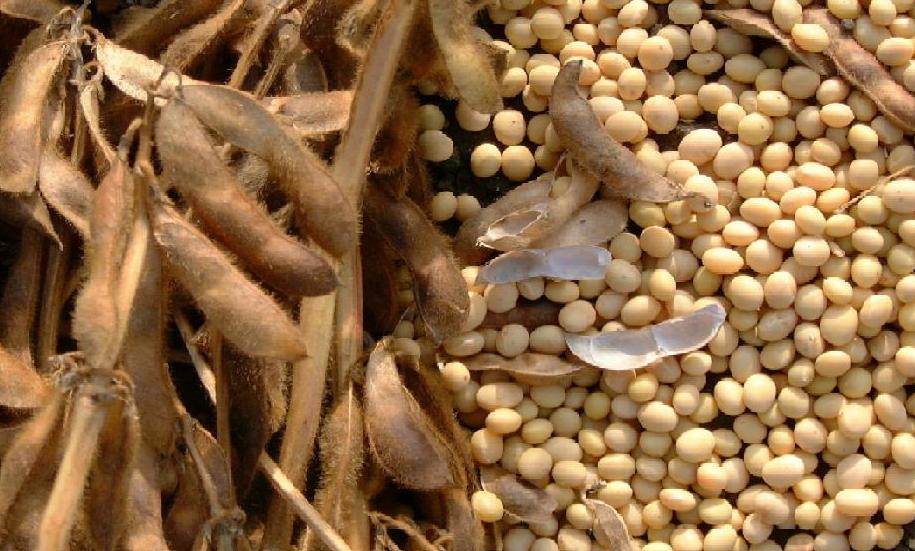
Agricultural News
American Soybean Association Disappointed in Nairobi WTO Results
Tue, 22 Dec 2015 17:38:16 CST

Following the conclusion of the World Trade Organization's Nairobi Ministerial this past weekend, the American Soybean Association (ASA) expresses its disappointment with the decision to allow the continued use of export subsidies by developing nations.
Specifically, ASA is disappointed that the agreement on export competition reached at the WTO Ministerial in Nairobi will allow developing countries to use marketing, processing, and transportation subsidies for exported commodities under Article 9.4 until 2023 practices that undercut U.S. exports and distort trade. ASA supported the position of the United States and many others that the ability of developing countries to utilize Article 9.4 export subsidies expired in 2004, at the end of the implementation period of the Uruguay Round commitments.
"The Nairobi agreement effectively raises these subsidies from the dead and legitimizes their use without any meaningful discipline until 2023," said ASA President Richard Wilkins, a farmer from Greenwood, Del. "It will be important for the U.S. Trade Representative to work to ensure that countries do not attempt to shield these programs by shifting their subsidies under Article 9.4."
"In addition, we saw India hold the Doha negotiations hostage in Bali and now again in Nairobi. India's continued efforts to roll back previous commitments and to block meaningful trade liberalization by developing countries going forward makes us concerned about future talks," said Wilkins. "We appreciate Ambassador Froman's statement that the Doha Round is effectively over and that future negotiations must take place under a new architecture. Simply put, we believe the United States should only engage in future WTO negotiations it they occur under a markedly different framework than the flawed Doha mandate."
On the positive side, the Nairobi agreement does reflect the U.S. goal to immediately eliminate the use of export subsidies by developed countries, and includes a relatively short elimination period for their use by developing countries (other than the Article 9.4 export subsidies). Additionally, the agreement reached in Nairobi harmonizes terms of export credit programs with those of the U.S., and allows countries to continue their food aid programs, including monetization of commodities, as long as monetization does not disrupt local markets.
"On balance, we are disappointed in the Nairobi results," said Wilkins. "We recognize that U.S. negotiators faced a very difficult environment in which to make progress. The only silver lining to this agreement will be if future WTO negotiations truly take place on a new, sounder foundation that is based on the acceptance of greater disciplines by all parties. ASA will continue working with other U.S. farm and commodity groups, the Administration, and the Congress to insist that this be the case."
WebReadyTM Powered by WireReady® NSI
Top Agricultural News
More Headlines...




















